Become a Body Detective
Course 1
Principles of Functional Nutrition and Environmental Principles in Healing
A CE Seminar on Clinical Functional Nutrition
10 Classes Starting: October 30
Live Sessions on Thursdays at 7:30 PM EST
Available for Re-Watching in Your Course Portfolio
20 CE credits for Phamacists, PAs, Nurse and Nurse Practitioners and Naturopathic Doctors.
Counts as 20 credits for the Diplomate from the American Clinical Board of Nutrition.
Course Includes:
Review of each Session
Vitamin and Mineral Booklet
Book on “How to make your own herbal preparations”
Refrigerator Lists on Super Foods
Discussions with Dr. Lynn
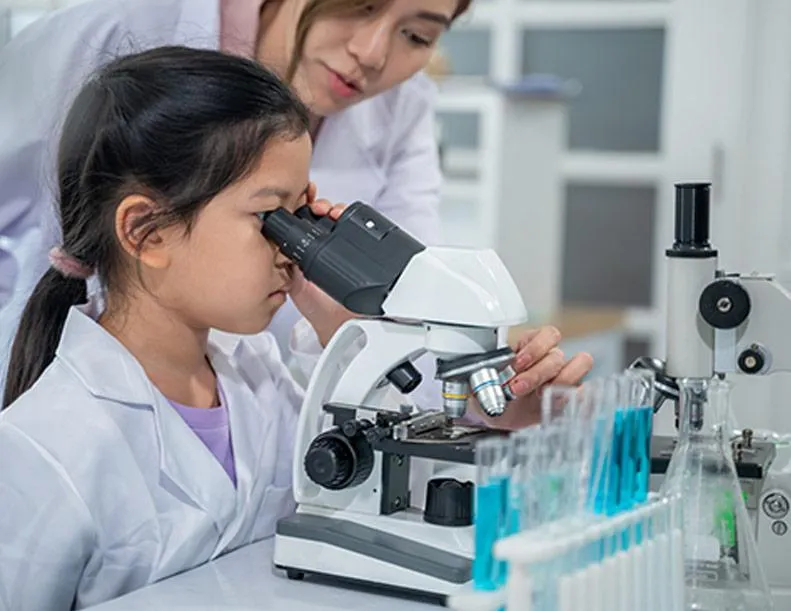
Class One - Clinical Nutrition Pearls
This session reviews the importance of nutrition in many diseases. It examines nutrition basics on healthy diet and caloric intake. It analyzes the research on the medicinal properties of foods, herbs and spices, along with damage caused by food processing, gene manipulation and added ingredients such as preservatives and dyes.
Review what components in our diet causes inflammation and disease
List the components that are anti-inflammatory and healing in the body
Develop a list of healthy components to put into diet and unhealthy components to take out of diet
Recite the healing components of plants and animal tissues

Class Two - The Upper GI
This session reviews physiology of the mouth and upper GI tract including the importance of pH and the bitter and g-protein receptors. We will review dysfunctions and diseases along with medication, foods and neutraceuticals that have shown through scientific evidence that they may help.
Review the physiology and biochemistry of the upper GI tract
Discuss the pathophysiology dysfunctions that occur in the upper GI
List the problems with the PPIs and what can be done to help patients
Describe the rate and detrimental effects of achlorhydria
Recognize nutritional and integrative strategies that may help upper GI conditions

Class Three - The Small Intestines
This session reviews physiology of the small intestine GI tract including the role of digestive enzymes, pH, tight junctions, mucus tissue and immune system. We will review dysfunctions and diseases of the GI tract along with medications, foods, herbal remedies and neutraceuticals that have shown through scientific evidence that they may help.
Review the physiology and biochemistry of the lower GI tract
Discuss the pathophysiology dysfunctions that occur in the lower GI
Describe the role of tight junctions and leaky gut syndrome
Identify the symptoms of GI conditions and diseases
Recognize nutritional and integrative strategies that may help lower GI conditions
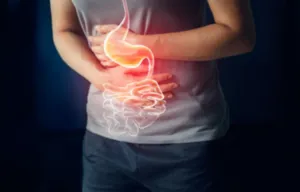
Class Four - The Lower Bowels/Large Intestine
This session reviews physiology of the large intestine GI tract including the role of pH, gut bacteria and the nervous and immune systems. We will review how stool analysis is important and can indicate other dysfunctions and diseases in the body. We will assess medications, foods, herbal remedies and neutraceuticals that have shown through scientific evidence that may help.
Relate the Bristol stool chart to problems in the body
Identify gut bacteria function in detoxification, immune function, energy and vitamin production
Describe the gut-brain and the gut-immune connection
List pathogenic bacteria that cause problems in the lower Bowels
Recognize nutritional and integrative strategies that may help lower Bowel conditions

Class Five - Types of Diets
In session we evaluate and discuss the components of many diets that people use today. The Keto diet, Mediterranean diet, FODMAPS diet, GAPS diet, Dash diet, High protein diet, and the Vegan and Vegetarian diet are discussed.
Review the components and philosophies of several types of diets
Describe why fiber is important to diets
Review the functions of diet components: carbohydrates, fats and proteins
Implement how to choose the right diet for various patients
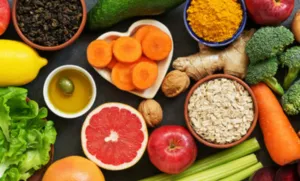
Class Six - The Gallbladder and Liver
The liver is so important to the function of the body, over 500 enzymes that make our hormones, enzymes and neurotransmitters are made there. The liver has a major role in blood production, sugar regulation, and detoxification which are discussed. The role of the gallbladder is overlooked but extremely important to fat assimilation for healthy skin and hormone production. It also has detoxification and release of cholesterol and urate.
Review the physiology and functions of the liver and gallbladder
Discuss the pathophysiology dysfunctions that occur in the liver and gallbladder
Identify the importance of liver detoxification pathways
Explain the importance of the gallbladder in fat absorption, detoxification and cholesterol removals
Identify cholagogues and choleretics that can be incorporated into diet
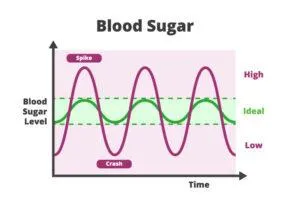
Class Seven - The Adrenal Glands, Energy, Inflammation and Blood Sugar
The adrenals are the most overlooked part of the body, yet it has so many important functions, like sleep and mental health. The adrenal glands make cortisone, the most powerful anti-inflammatory along with other important corticosteroids and hormones. The adrenal glands are very connected to the pancreas and sugar regulation. We will assess medications, foods, herbal remedies and neutraceuticals that have shown through scientific evidence that may help.
Review the physiology and functions of the adrenal gland
Discuss the pathophysiology dysfunctions that occur in the adrenal glands and corticosteroid and hormone production
Identify why normal blood sugar is important to health and what role the adrenals and pancreas
Define “adrenal fatigue” and it’s role in depression, sleep and inflammation
Explain how diet and natural products that may help dysfunctions in sugar dysregulation and circadian rhythm disturbances

Session Eight - Vitamin and Mineral Review
Food vitamins and vitamins you buy from the drug store are very different chemicals than the ones used in the body. This session will discuss the important differences between animal tissues, plant based and orthomolecular-chemically derived vitamins. The role of vitamins and minerals in body function is discussed. The session reviews which foods, herbs and spices are high in certain vitamins.
Discuss the role of vitamins and minerals in the body
Review the importance of B vitamins in the formation of hormones and neurotransmitters
Identify the role of vitamin D in bone formation and immune function
Correlate specific minerals and vitamins with certain organs and conditions in the body
Identify foods that are high in specific vitamins and minerals
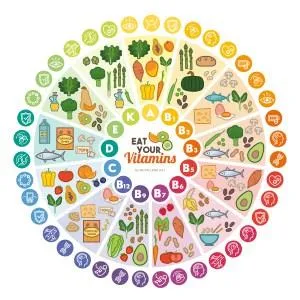
Session Nine - The Right Weight at Every Age
In the age of so many diets, this session explores the food-nutrient-weight connection. It reviews the weight loss information from studies on the new medications, calcium and Vitamin D, along with various foods and herbs. We examine which foods and neutraceuticals may facilitate sugar dysregulation, and weight loss. The session will also explore healthy ways to gain weight.
Discuss what is healthy body weight
Review weight loss medication available today
Identify ways to lose and gain weight
Implement diets that benefits patients needs to adjust or maintain weight
Review the role and benefits of coaching in weight loss
Correlate psychological factors to weight
Implement healthy exercise into lifestyle of patients

Session Ten - Creating Healthy Environments in the Home and Workplace
Environmental toxins not only cause symptoms they can really but a constant strain on the detoxification pathways. In this session we review the tenants of environmental medicine. The session will explore how to identify, remove and improve health after toxin exposure.
Review the tenants of environmental medicine
List toxic mold, heavy metals, chemicals found in the home and workplace
Review symptoms of mold exposure, heavy metal exposure and chemical exposure
Implement healthy products into homes and offices
Identify diets, medications and natural products that work to detoxify the body of mold, heavy metals and chemical product exposure

All sessions will be recorded and available for review after the live class.
